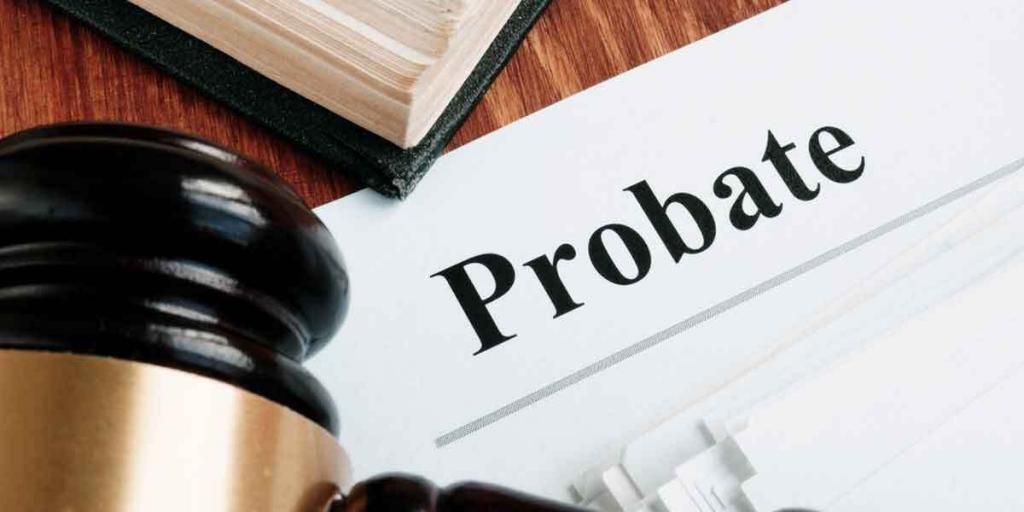Most people have heard of a last will and testament and understand that it is a document which contains the last wishes of a deceased person with regards to the distribution of their property. However, what many people don’t know is exactly how a will is carried out. Though the process can vary from state to state, usually a will that is left behind by a decedent must go through probate. In the state of New York, all probate cases must adhere to the procedural guidelines as set up by the Surrogate Court’s Procedure Act.
Filing a petition
At its core, probate is used to confirm the validity of a last will and testament through a probate court. While this may sound simple enough, there are a few requisite documents that must be submitted when offering a will for probate. First, a petition must be filed with the probate court. The petition must include the decedent’s original will and a death certificate obtained either from the Office of Vital Records or the New York State Department of Health. In addition to these items, a signed affidavit may be required from the attesting witnesses at the time of the will’s execution.
A lost will
A majority of the time, once a petition has been filed with the probate court, a probate case usually proceeds without any major hindrance. However, even at the outset of probate, certain issues may arise that lead to extensive delays in getting the court’s validation. One example of a problem that may impede probate proceedings from moving forward is locating the original will. Testator’s have several options in regards to what to do with their will after signing it. Unfortunately, many of these options are not failsafe. Even with a testator keeping their will secure, if no one is able to locate it upon their death, this can greatly complicate the probate process. Under New York law, if a will was in the deceased’s possession and cannot be located, then it is presumed that the deceased revoked the will by destroying the original copy. In cases like this, probate will continue as if the deceased died intestate.
It is worth noting that while it is permissible to create a copy of a will and submit this true copy to a probate court, there are key issues that have to be addressed in order for probate to be granted. These issues are usually handled by the appointed executor. When attempting to probate a will copy, the executor of the estate in consideration must be able to prove the following: that the copy of the will is correct and true, that the original will was properly executed and signed before a witness, and finally, that the original will was not destroyed, and thereby revoked by the testator. Failing these, the executor would have to try and retrace the location of the will after it was signed and track witnesses who were present at its signing.
Will contest
Another major impediment that can come up during probate is a will contest. As previously mentioned, the aim of probate is for a court to confirm the validity of a decedent’s will in order to settle the distribution of their estate. However, a will and its contents may be called into question by family members of the deceased or other interested parties, resulting in a contested will. Some challenges that can be put forth in a will dispute include the existence of different versions of the will, revisions made to the will under duress, doubts as to the testator’s mental competence, or fraudulent interference. It should be noted that it can be very difficult to prove any one of these disputes and attempting to do so can lead to exorbitant legal fees and expenses in addition to protracting the probate process. However, if any of these claims turns out to be true, the court will invalidate the will. That is to say, the will in its entirety will be nullified and the court will proceed with the case as if the deceased had never left a will at all.
Once a petition has been properly filed with a probate court, the probate process should move forward without protraction or major complications. Nevertheless, there are cases where unexpected impediments do come up and must be handled under procedural guidelines. This may lead to an extended as well as costly probate, but ultimately the goal is to make certain that the will in question is legitimate and that its benefits are conferred upon the rightful recipients as intended by the decedent.









